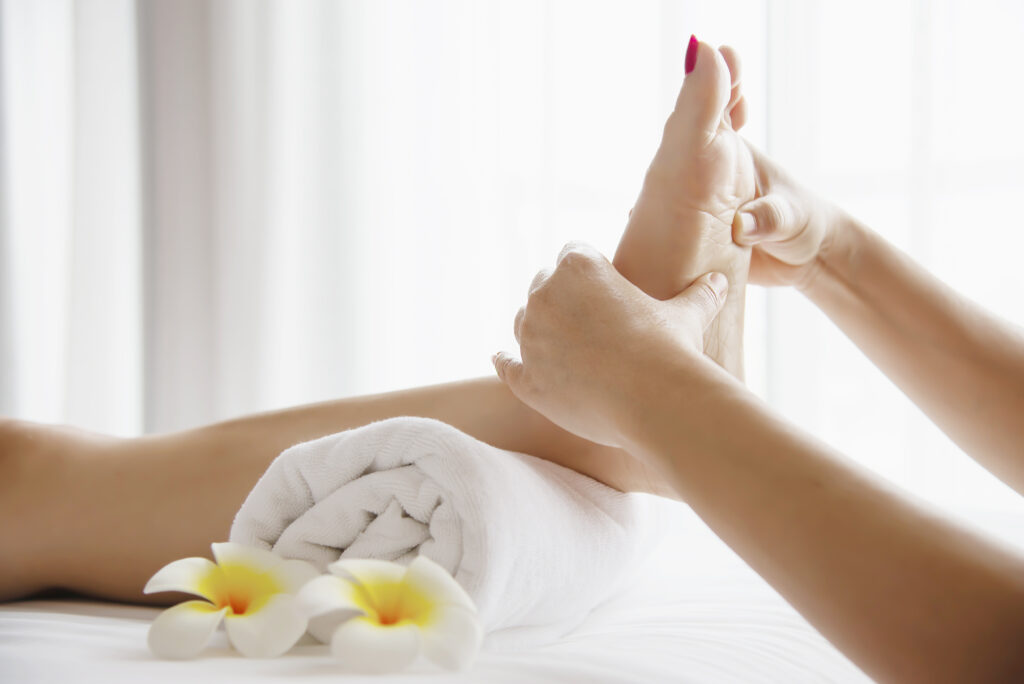Reflexology is the application of pressure to areas on the feet, hands and ears. Reflexology is generally relaxing and may be an effective way to alleviate stress. The theory behind reflexology is that these areas correspond to organs and systems of the body. Proponents believe that pressure applied to these areas affects the organs and benefits the person’s health. Reflexologists use foot charts to guide them as they apply pressure to specific areas. Sometimes these practitioners use items, such as rubber balls, rubber bands and sticks of wood, to assist in their work. Practitioners of reflexology include chiropractors, physical therapists and massage therapists, among others.
Testimonies and scientific research suggest reflexology is helpful for health challenges such as allergies, diabetes, fatigue, headaches, hypertension, infertility and much more. Several studies funded by the National Cancer Institute and the National Institutes of Health indicate that reflexology may reduce pain and psychological symptoms, such as anxiety and depression, and enhance relaxation and sleep. Studies also show that reflexology may have benefits in palliative care of people with cancer. Research studies have shown benefits from even a single session of reflexology, but most suggest a series of sessions for the cumulative benefit gained. Choosing to experience the benefits of reflexology is an investment in your personal health and wellness goals.

